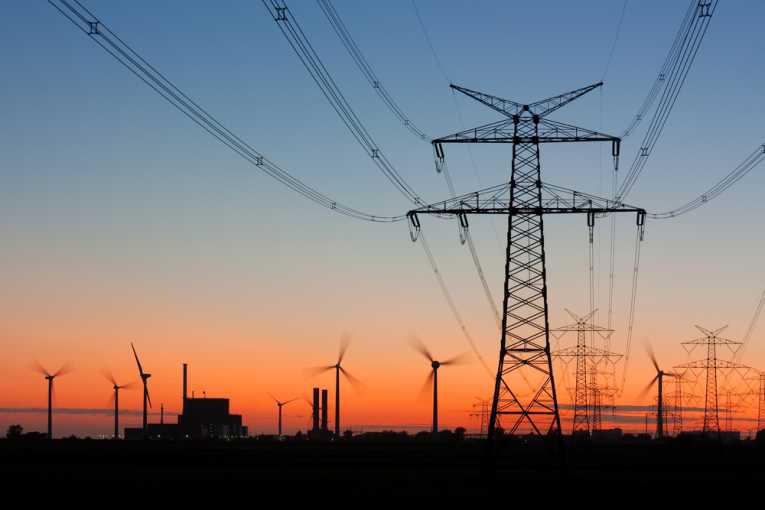A draft UK energy bill has been published that aims to bring secure, clean and cost-effective electricity. The bill hopes to boost the generation of clean energy to help combat climate change and minimise price rises.
The Department of Energy and Climate Change (DECC) is proposing to radically alter the electricity industry to bring in an extra £110 billion needed to generate more low-carbon energy.
Some of the energy will be generated from new nuclear plants. With 20% of existing power generation phased out over the next decade and demand for electricity for heating and transport due to grow for the next 30 years, the DECC says it has no choice. If nothing is done, the country could face power cuts and more reliance on oil and gas imports, which would make the supply less secure.
Assuming the proposals are agreed, the first new low-carbon project could begin in 2014.
Secretary of State Edward Davey says, "Leaving the electricity market as it is would not be in the national interest. If we don't secure investment in our energy infrastructure, we could see the lights going out, consumers hit by spiralling energy prices and dangerous climate change.
"These reforms will ensure we can keep the lights on, bills down and the air clean.
"The reforms will also be better for the economy, leaving us less vulnerable to rising global energy prices and supporting as many as 250,000 jobs in the energy sector."
The reforms means that the UK can meet most of its climate change targets through generating more low-carbon power in the 2030s.
The aim of the reforms is to create a balanced mix of renewables, new nuclear power and Carbon Capture and Storage (CCS) and ensure fair competition.
Under the proposals the National Grid would be responsible for delivering Electricity Market Reform (ERM).
New Contracts for Difference (CfD) feed-in tariffs will be used to iron out long-term price spikes. From 2013, they will also fix returns for generators, called a strike price.
A Capacity Market level will be set up to prevent future blackouts by ensuring there is enough power generated.
An Emissions Performance Standard (EPS) will stop new coal plants being generated that emit over 450g/kWh - which is among higher polluting levels.
A Carbon Price Floor, which increases the fee for emitting carbon dioxide, will remain. The initial value of carbon will be around £16/tCO2 (2009 prices) in 2013, which will rise to £30/tCO2 (2009 prices) by 2020.
Household power bills are set to rise because of increased fossil fuel prices, whether these changes go ahead or not. But the proposed changes will mean that bills rise 4% less each year over the next 20 years, it is claimed.
The role of gas is also important in a low-carbon economy and a new gas strategy is set to be published in autumn this year.










